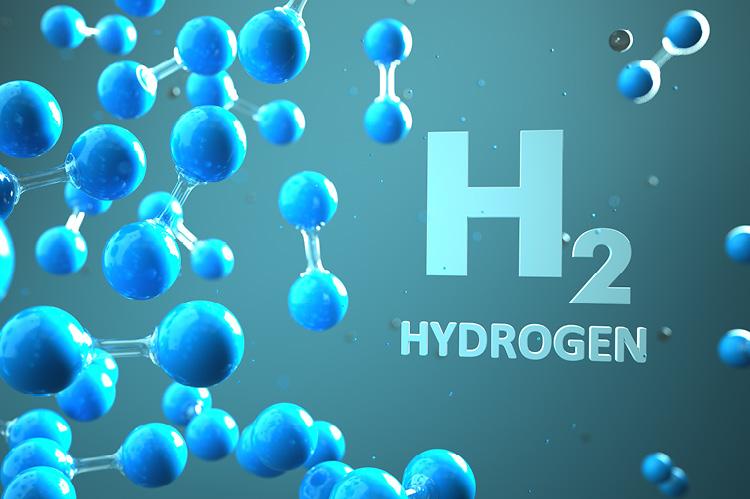Seven Companies Join Forces to Develop Hydrogen Infrastructure in Northwest Germany

Seven companies, including bp, Gasunie, Nowega, NWO, Salzgitter, Thyssengas, and Uniper, have formed an alliance to develop hydrogen projects in northwest Germany, Salzgitter Ag reported on Tuesday, April 25.
According to the reports, the collaboration aims to establish a connection between Wilhelmshaven, a future location for hydrogen production and import, and industrial centers in North Rhine-Westphalia and Lower Saxony, with the partnering companies contributing their existing transport pipelines and plans for new hydrogen pipelines.
The alliance plans to use a north-south corridor between Wilhelmshaven and the Cologne chemical industry region and a west-east corridor extending between Wilhelmshaven and Salzgitter to link other companies to the hydrogen infrastructure in the Rhine-Ruhr region and Salzgitter.
The companies have also signed a letter of intent to support the German government's ambitious goals of making the country climate-neutral by 2045, with the project partners planning to implement the cooperation activities within the legal and regulatory framework.
The alliance aims to integrate project planning along the hydrogen value chain with the companies expected to participate in the alliance with their various hydrogen projects, which will map and represent the entire H2 value chain.
Bp and Uniper intend to build an ammonia import terminal at the Wilhelmshaven site, where imported ammonia will be broken down into hydrogen and nitrogen on-site by a thermo-chemical process. Uniper also plans to build a large-scale electrolysis plant in Wilhelmshaven, producing green hydrogen using offshore wind power from the North Sea.
Gasunie and Thyssengas are planning an H2 north-south corridor between Wilhelmshaven and the Cologne chemical region, which will be completed by 2028 by converting existing transport pipelines and building new ones.
The corridor will contribute to the development of an integrated hydrogen network, which will reach both the bp refineries in the Emsland and Ruhr regions and many other potential H2 consumers along the route.
Nowega and NWO are also contributing parts of their existing pipeline network to the alliance. The conversion of the existing pipelines significantly reduces the need for new construction while enabling large-scale accessibility of additional feeders and outfeeders.
The projects submitted by bp and Uniper to the European Commission as Projects of Mutual Interest and Projects of Common Interest are expected to be recognized this year.
Gasunie and Thyssengas have submitted PCI applications for their respective sub-sections.

